The Corona virus pandemic has changed the way we live and work. Few can expect to go back to the same lifestyle/ work style when ‘Lockdown’ rules are relaxed, and progress is made to the new ‘normal’. So as Forest School practitioners we have an opportunity to reflect on our practice and prepare for returning to work.
Whilst unable to be out with my groups I am using this time to reflect on sustainability as a Forest School practitioner, my practice and in the wider environment. Although the 26th session of the Conference of the Parties (COP 26) to the United Nations Framework Convention on Climate Change (UNFCCC) in Glasgow has been postponed, work on the UN Sustainability Development goals (SDGs) is still of vital importance. The Sustainable Development goals were adopted by all United Nations Member States in 2015 as a universal call to action to end poverty, protect the planet and ensure that all people enjoy peace and prosperity by 2030.

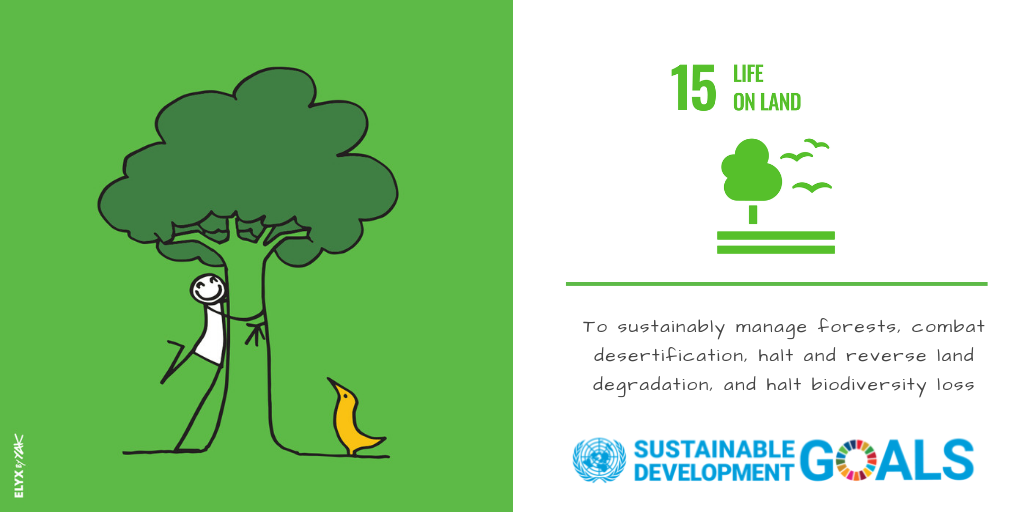
Many Forest School practitioners exemplify sustainable practice. While reflecting about sustainability, knowledge of the 17 UN Sustainable Development Goals can put our own living and practice into context. As Forest School Practitioners, I believe we should build our knowledge and understanding of the 17 Sustainable Goals so that we can judge our contributions to the UK efforts to achieve them. Not all of the goals[f1] will be applicable to our life or practice and applicability might vary with time and changing circumstances. But embedding our understanding of the SDGs into our practice will enable us to support our Forest School community and promote the importance of each of the 17 Sustainable Development Goals when the opportunity arises.

It is important to note that the goals will only be achieved when government, the private sector and civil society take action. While the SDGs are not legally binding, governments are expected to take ownership and establish national frameworks for the achievement of the 17 Goals.
We all play a part in achieving these ambitious targets. As Forest School practitioners we have the creativity and knowhow to talk about and promote the SDGs to contribute to the UK’s framework and to incorporate the SDGs in every context of UK living. Supporting our learners will help them talk to their families about the SDGs and to challenge the schools and academies about the actions they are taking in the wider community.
At the FSA we are developing an resource to support practitioner’s sustainability in Forest School. Several local groups have already been looking at the SDGs and considering their relevance. Jo Phillips and I were delighted to be invited to join the Ox, Bucks, Berks local group Zoom meeting to talk about the SDGs. Not only was it great to see everyone, but inspiring to see the interest and commitment to sustainability.
I have made a start collating useful SDG resources. It’s worth taking a look, but it would be great if you are able to share any thoughts or ideas on the LinkedIn FSA Sparks for the Forest School Community group page.
- As a reference source, the first stop is the United Nations website on the Sustainable Development Goals
- There is still time (ends 22nd May 2020) to take a look at the free course Organising for the Sustainable Development Goals (SDGS) provided by Hanken School of Economics, Finland. It gives a useful insight into each of the goals.
- The UN SDG book club provides books for 6 – 12 year olds that help explain and illustrate each of the 17 SDGs. If you are looking for inspiration this will help.
- There is an app ‘SDGs in your pocket’ that gives easy access to detailed aspects of the goals.
- The SDGs in Action app provides real examples and news items and how they relate to each goal and actions that you can take yourself. From a Forest School practice point of view, you can create an action plan of how to achieve the Global Goals and invite others to participate.
- Sarah Lawfull’s post about Earth Day and Forest School April 2020 is a great article and food for thought.


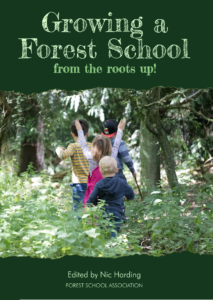
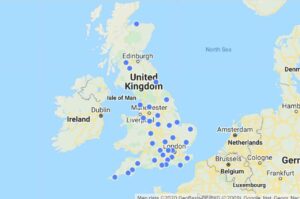
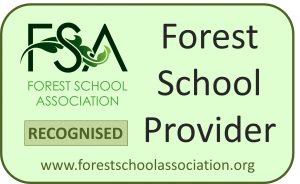
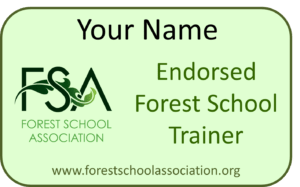
Good work. Paulette and I did a workshop at the Danbury FSA conference about how FS meets sustainability goals, and wrote it up as a chapter in ‘Early Childhood Education and Care for Sustainability, 2018, edt by Huggins and Evans, if you want a reference